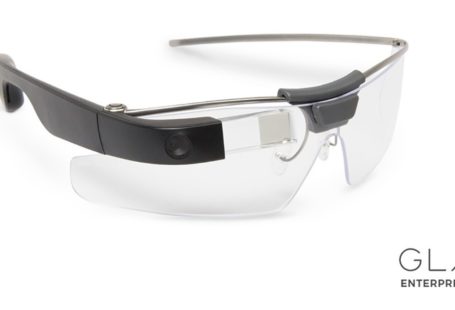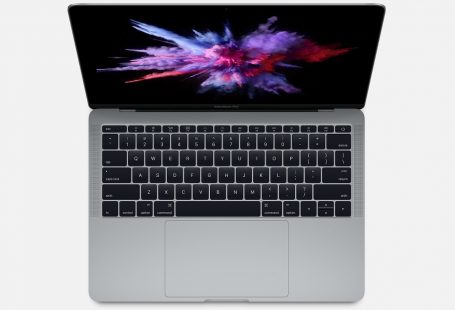Do not buy a computer this year.
There it is. You can stop reading now. That’s the conclusion of this post, which I publish with outrage after seeing how the presentation of new Kaby Lake CPUs from Intel is an absolute disappointment. Marc Whalton expressed it well at the beginning of his analysis in Ars Technica (emphasis mine):
The Intel Core i7-7700K is what happens when a chip company stops trying. The i7-7700K is the first desktop Intel chip in brave new post- “tick-tock” world-that means that instead of major improvements to architecture, process, and instructions per clock (IPC), we get slightly higher clock speeds and a Way to decode DRM-laden 4K streaming video. Huzzah.
That first sentence is sadly true, and in fact you would not need to read much more than that. Just having a look at some of the graphs that show its performance in synthetic benchmarks makes everything clear again:
This is just one example of how Intel has managed to fool the entire industry and become a lazy company. One that lives on past glories. Like Apple, I’d say.
That review of the Intel Core i7-7700K at Ars Technica is by far the best you can read about this microprocessor. It is, in fact, the only thing you should read about it, and here I include reviews done in Spanish and in English that are a real shame. They are because they stick to the message that Intel wants to offer, and they close their eyes to the obvious criticism. Intel has become confortable with itself. I am especially surprised and disappointed by the short-sighted review at AnandTech, a tech site I normally revere but that in this case has published its review with a misleading headline and conclusions. They even criticized in the text the ability to overclock (“our CPU sample is somewhat average to poor in terms of overclocking performance“) and then end up with a section where they crowned it as “the new champion”. Wrong.
Why has Intel settled for this? I would say they did this for a simple reason: they could. At the moment there is no competition in the market, and unless AMD Ryzen tells us otherwise – and the leaked evidence does not point to it – it will not be there for quite some time. It seems that Intel will be able to continue in lazy mode, accommodated and without really innovating.
The situation is worrying and sad, especially beacuse Intel has been on this path for a long time. His old tick-tock philosophy amazed us and made us enjoy an astounding pace of innovation, but between the reality that physics imposes —Moore’s law has an expiration date, if it is not already expired— and self-imposed Intel, we end up with a regrettable strategy. The one of the delays and rehashes, that is what is Kaby Lake. A 14 nm rehash.
I would say more. It is a fraud.
Save your money and wait for Cannonlake. Maybe the 10nm are worth it, because Kaby Lake does not.




